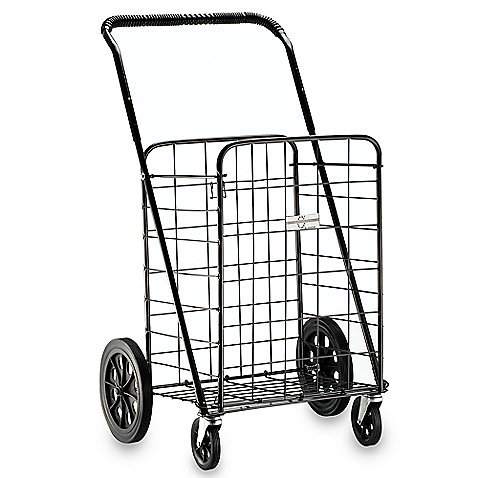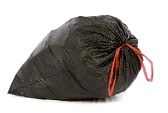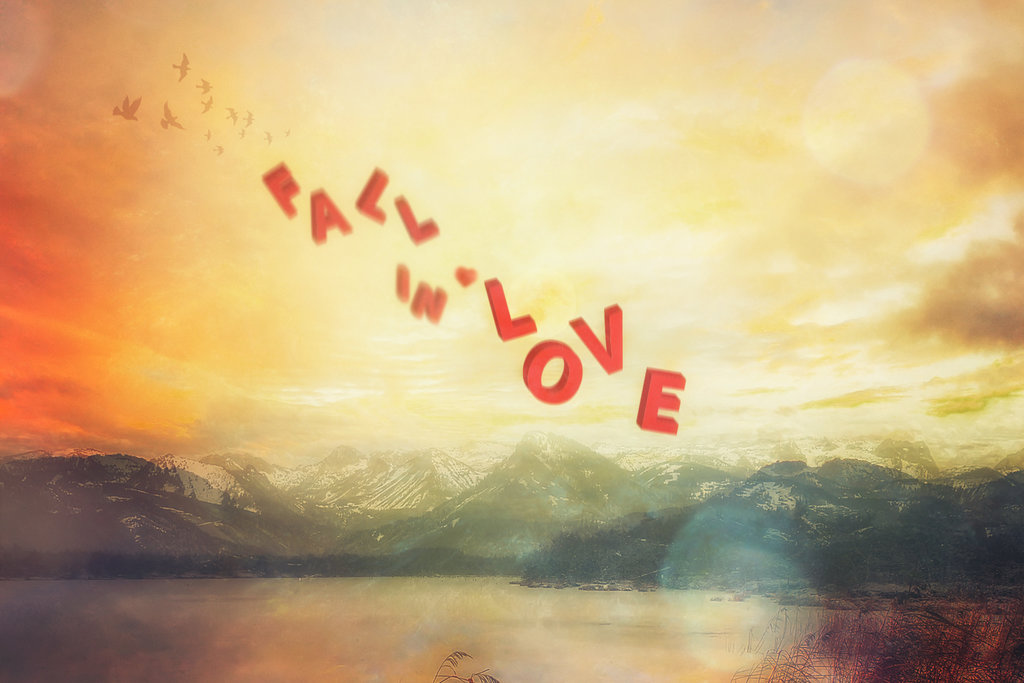I am not often on the subway but the other day I was on the Red Line from Park Street to Harvard Square. In the same car, across the wide aisle, there was an older white man, clearly homeless. Weathered face, scraggly beard, semi-foggy eyes that suggest both the onset of cataracts and some history with psychotropic medications.
 He had with him one of those metal carts that are super convenient for toting all your earthly possessions with you if you live on the streets or under a bridge or move from night shelter to night shelter. The wheels tend to be sturdy and they can take a beating. Plus, they hold a remarkable amount of stuff.
He had with him one of those metal carts that are super convenient for toting all your earthly possessions with you if you live on the streets or under a bridge or move from night shelter to night shelter. The wheels tend to be sturdy and they can take a beating. Plus, they hold a remarkable amount of stuff.
Unfortunately, this guy’s cart had seen better days. The back panel – a criss-cross of wire – had broken away from where it had been welded to the main frame. It kept falling to the floor, threatening to let spill all the contents.
This guy began to unpack the cart – not fully, but he pulled out two of the numerous black plastic garbage bags and set them on the seat beside him. No one seemed to begrudge him the use of two seats – luckily, this was mid-day and the subway car was not overcrowded.
Of course, I wanted to help. Usually, I have something in my worn canvas bike carrier bag that could be useful. Not duct-tape-useful (though I am now considering that I should carry some with me at all times, just in case). Usually I have an overabundance of those metal clips used for keeping piles of paper together. Sometimes I have string. I would have offered this guy anything I had, but my bag was empty of anything useful for this circumstance. So I offered my appreciative witness.
He pulled out a sharp knife from his coat pocket. I became more protective of him, looking around to make sure no one in the subway who might misunderstand the presence of the knife and start to react in a way that might be harmful to this man. He seemed oblivious to this possibility, but I focused my vigilance on his behalf. At the beginning of my social work career, I worked with homeless women, so I have some skills at discerning what is dangerous and what is innocuous. Fortunately, most people were studiously avoiding the muttering homeless man. In this particularly moment, this served him well.
 It was clear he had some plan. He fumbled with the black plastic garbage bag, opened it with some effort. He exposed the red draw string that lives at the top of the opening and is pulled tight to keep the bag closed. He tugged and pulled at that red cord; then using the knife, he cut a piece, as long as he could manage. He then began to use it to secure the broken panel back to the frame.
It was clear he had some plan. He fumbled with the black plastic garbage bag, opened it with some effort. He exposed the red draw string that lives at the top of the opening and is pulled tight to keep the bag closed. He tugged and pulled at that red cord; then using the knife, he cut a piece, as long as he could manage. He then began to use it to secure the broken panel back to the frame.
Ingenuious!
So much so, that I, in spontaneous joy and admiration, spoke it aloud. The homeless guy didn’t seem to notice, but the person sitting next to me did and voiced agreement. Clearly, he had been watching, too.
Of course, life is not all roses and puppy dogs and happy stories of necessity being the mother of invention. This man lives at the edge of society, is likely battling personal and systemic demons that will shorten his life and increase his suffering. Our social safety net is more broken than the worn metal cart he uses and rebuilds as necessary — which we don’t seem to do with the safety net. We seem to just let it continue to fray.

Still, watching him, I fell in love again with humanity. Our resourcefulness. Our ability to learn from each other, particularly from people whose lives are so very different. Our ability to experience mudita, the Pali term for the Buddhist concept of sympathetic joy: we can take joy in each others’ accomplishments. Our ability to bring holy witness, that the invisible becomes visible.
Reblogged this on Beechdey’s Weblog.
When I read this I thought of the so many people in the world who have no home; nowhere to go to at the end of the day. It’s sad isn’t it?
Indeed it is. A reason to be grateful when we have a safe place to go, a reason to put our efforts so that this is available to all.
Well said. We often we take our blessings for granted whereas millions would like to have what we have. Becoming more conscious of the needs of others, challenges us to share more.